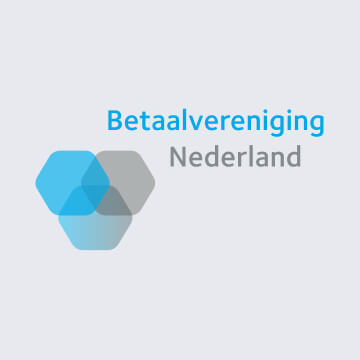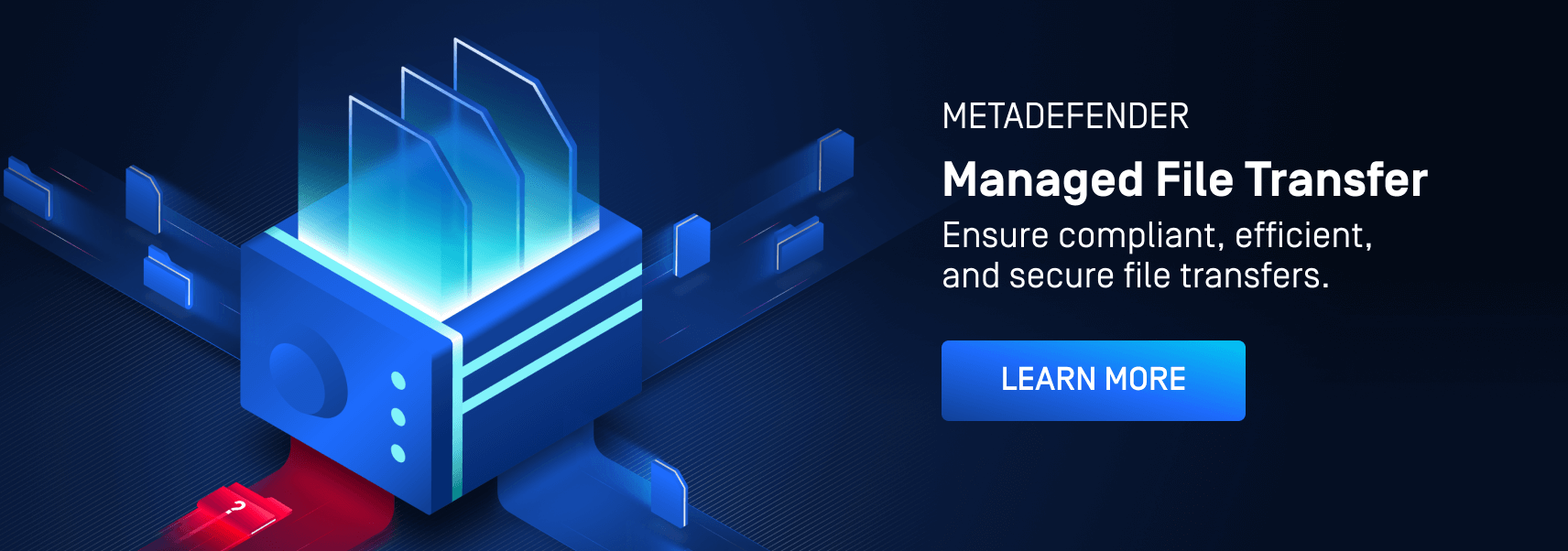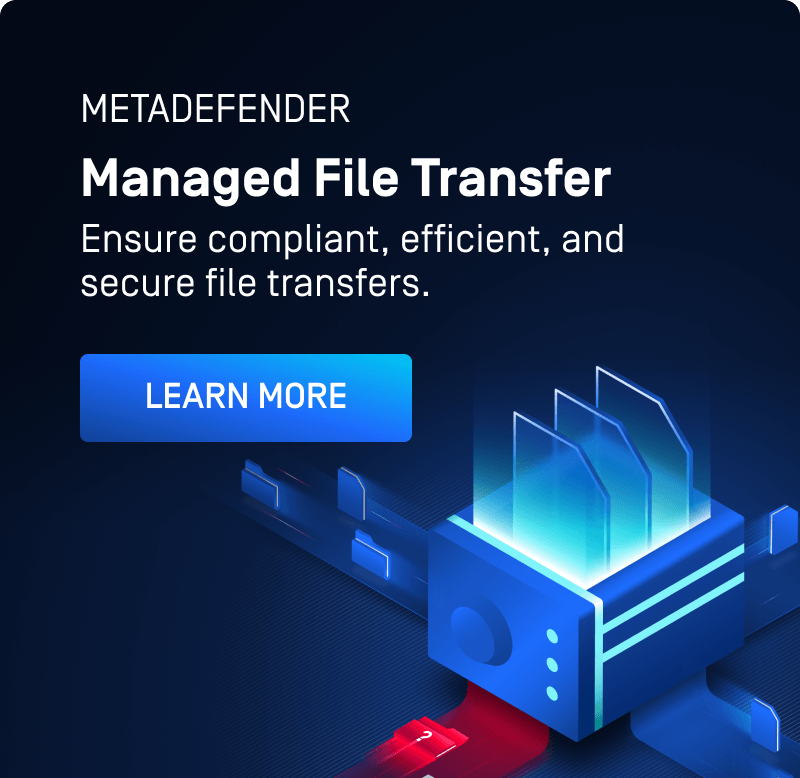A single cyber incident could wipe out $2.5 billion—800% of a typical financial firm's operating income—threatening the very survival of financial institutions with losses reaching up to $2.2 billion every decade, according to the IMF’s 2024 Global Financial Security Report.
This article explores the rapidly evolving cybersecurity landscape within the banking and financial sector in Europe. It first highlights three advanced cybersecurity measures implemented in Western European countries then shifts the attention to Hungary’s newly developed Cybershield Initiative and its central fraud filtering system to reflect on how this country responds to an increased number of cyberthreats.
Finally, the article explains how these cybersecurity initiatives are connected to managed file transfers, data leak prevention, regulatory compliance, and protection against zero-day attacks.
Responding to the Recommendations of the European Central Bank
In 2023, the European Central Bank's cybersecurity assessment revealed significant vulnerabilities in the banking sector, particularly regarding the resilience of banks to cyberattacks.
The assessment highlighted that there are still critical gaps in the ability of Europe’s financial firms to detect and respond to sophisticated cyberthreats. The ECB emphasized the urgent need for banks to strengthen their cyber defenses and improve their incident response capabilities to mitigate these growing threats.
In Western Europe, several countries have implemented cybersecurity initiatives in the banking and finance sector to respond to the increasing frequency and sophistication of cyberthreats, aiming to protect financial institutions from data breaches and maintain the integrity of critical financial infrastructure.

United Kingdom
The United Kingdom has established FFA UK, an industry body that coordinates fraud prevention activity across the financial services industry. The FFA UK operates in partnership with law enforcement agencies, government bodies, and consumer groups to combat financial fraud.
Key initiatives include:
CoP (Confirmation of Payee): A name-checking service for payments to ensure that the name of the account holder matches the account details before a transaction is processed.
Fraud Prevention Messaging: Regular campaigns and public messaging to raise awareness about common fraud tactics and how to avoid them.

Netherlands
The Dutch Payments Association oversees initiatives aimed at improving the security of payment systems in the Netherlands. These initiatives focus on real-time monitoring and fraud detection.
TMNL (Transaction Monitoring Netherlands): A collaborative project where banks share transaction data to detect suspicious patterns that could indicate fraud or money laundering. This project uses advanced analytics and machine learning to enhance detection capabilities.
iDEAL and Safe Payments: Initiatives to secure online payments through multi-factor authentication and secure data transmission.

Germany
Germany has implemented several measures through collaboration between Deutsche Bundesbank and BaFin, the Federal Financial Supervisory Authority.
K-RITIS (Critical Infrastructure): A framework for protecting critical financial infrastructure, including comprehensive guidelines and mandatory reporting requirements for cyber incidents.
Real-Time Transaction Monitoring: Advanced monitoring systems across major banks to analyze transaction data in real time, leveraging machine learning to identify and mitigate fraudulent activities.
PSD2 (Payment Services Directive 2) and SCA (Strong Customer Authentication): Under the PSD2, Germany enforces SCA to enhance the security of electronic payments through multi-factor authentication.
These initiatives demonstrate the proactive steps Western European countries take to protect the banking and finance sector from cyberthreats, leveraging advanced technologies and regulatory frameworks to ensure robust cybersecurity measures are in place.
KVR: Hungary's CyberShield Initiative
As digital transactions continue to rise, so does the sophistication of online fraudulent activities. In response, the Hungarian National Bank, Giro Plc., and the Hungarian banking sector have joined forces to combat online financial fraud through the KVR (Central Fraud Filtering System), a key component of Hungary's CyberShield Initiative.
The KVR complements, rather than replaces, existing bank fraud detection systems, thereby enhancing overall security.

Centralized Protection for All Financial Transactions
The KVR is a centralized system designed to detect and filter fraudulent activities across all financial transactions. By leveraging advanced technologies such as artificial intelligence and rule-based algorithms, this advanced detection system integrates network analysis, behavioral examination, and frequency checks to identify suspicious transactions before they are completed.

Real-Time Transaction Data Analysis
When a transaction is initiated, its details are sent to the KVR, where it is evaluated and assigned a fraud probability score based on a set of risk factors, including deviations from usual transaction patterns, network analysis, and customer behavior.
This score, reflecting the likelihood of the transaction being fraudulent, is communicated back to the bank within approximately half a second, ensuring minimal delay. This decision-making process remains within the banks, preserving their autonomy while benefiting from the centralized, self-learning AI-aided fraud detection capabilities of the KVR.

Dynamic Adaptability & Continuous Learning
One of the standout features of the KVR is its ability to continuously learn and adapt. Given the evolving nature of cyberthreats and fraud tactics, the KVR updates its algorithms and rules dynamically. This ensures that the system remains effective against new and emerging threats, providing a robust defense mechanism for the Hungarian financial sector.

Strengthening Overall Security & Trust
Traditional banking security measures are limited to transactions within individual banks. Hungary’s banking sector requires a more robust system that can provide comprehensive oversight, real-time analysis, and rapid information exchange between banks.
The KVR aims to enhance the security and integrity of financial transactions by enabling faster detection and response to potential fraud, protecting financial institutions and their customers. With Giro Plc. overseeing all interbank transactions in Hungary, the KVR can analyze a vast dataset, making it possible to detect and prevent fraud more effectively, thereby enhancing overall security and trust in the country's financial system.

Legislative Support & Government Goals
The KVR is supported by a comprehensive legislative package aimed at enhancing online fraud detection and prevention. The Hungarian government’s objective with this initiative is not only to accelerate the identification and investigation of financial crimes but also to create an environment where online fraud becomes significantly more difficult to perpetrate.
Expectations for the KVR
As the KVR rolls out in three phases between 2025–2027, it promises to set a new standard in fraud prevention, safeguarding the interests of the banks and their customers in Hungary.
For professionals in the IT and critical infrastructure sectors, the KVR is a model of how technology and collaboration can effectively combat cyberthreats, ensuring the integrity and security of financial transactions in an increasingly digital world.
From Initiatives to Technology
Preventive cybersecurity technologies are critical in safeguarding financial transactions and data in the financial sector. Managed File Transfer is a cornerstone of preventive cybersecurity technology in the financial sector, integrating key technologies like data leak prevention, regulatory compliance, and protection against zero-day attacks.
Managed File Transfer
MFT (Managed File Transfer) ensures the secure, efficient, and monitored transfer of data across financial systems, crucial for safeguarding sensitive transactions. Cybersecurity technologies like the KVR ensure that data transfers are monitored for anomalies indicating fraud or unauthorized access, maintaining the integrity and confidentiality of financial transactions and sensitive information.
Within this framework, DLP (Data Leak Prevention) technologies work seamlessly to detect and block unauthorized transfers, using advanced algorithms to maintain data integrity. Regulatory compliance is also embedded within MFT solutions, helping financial institutions adhere to stringent data protection laws such as PSD2, by ensuring all data transfers are secure and monitored.
Additionally, MFT platforms incorporate technologies that defend against zero-day attacks, utilizing machine learning and AI to identify and mitigate vulnerabilities in real-time, ensuring a robust defense against unknown threats.
Summary
Preventive cybersecurity technologies are essential to modern financial security systems, encompassing concepts like managed file transfer, data leak prevention, regulatory compliance, and defense against zero-day attacks.
By leveraging advanced analytics, machine learning, and AI, these technologies provide a multi-layered defense mechanism that ensures the integrity, confidentiality, and availability of financial transactions and sensitive data. Countries across Europe are leveraging these advanced technologies to enhance the security of their financial transactions and protect against fraud.
Learn more about MetaDefender Managed File Transfer (MFT) here.



